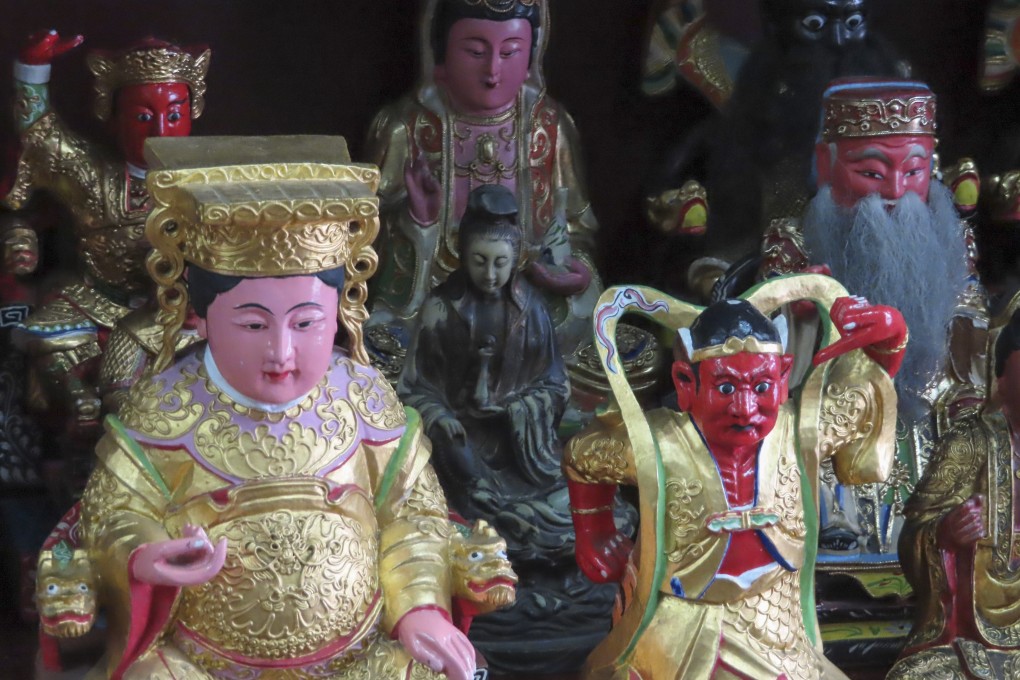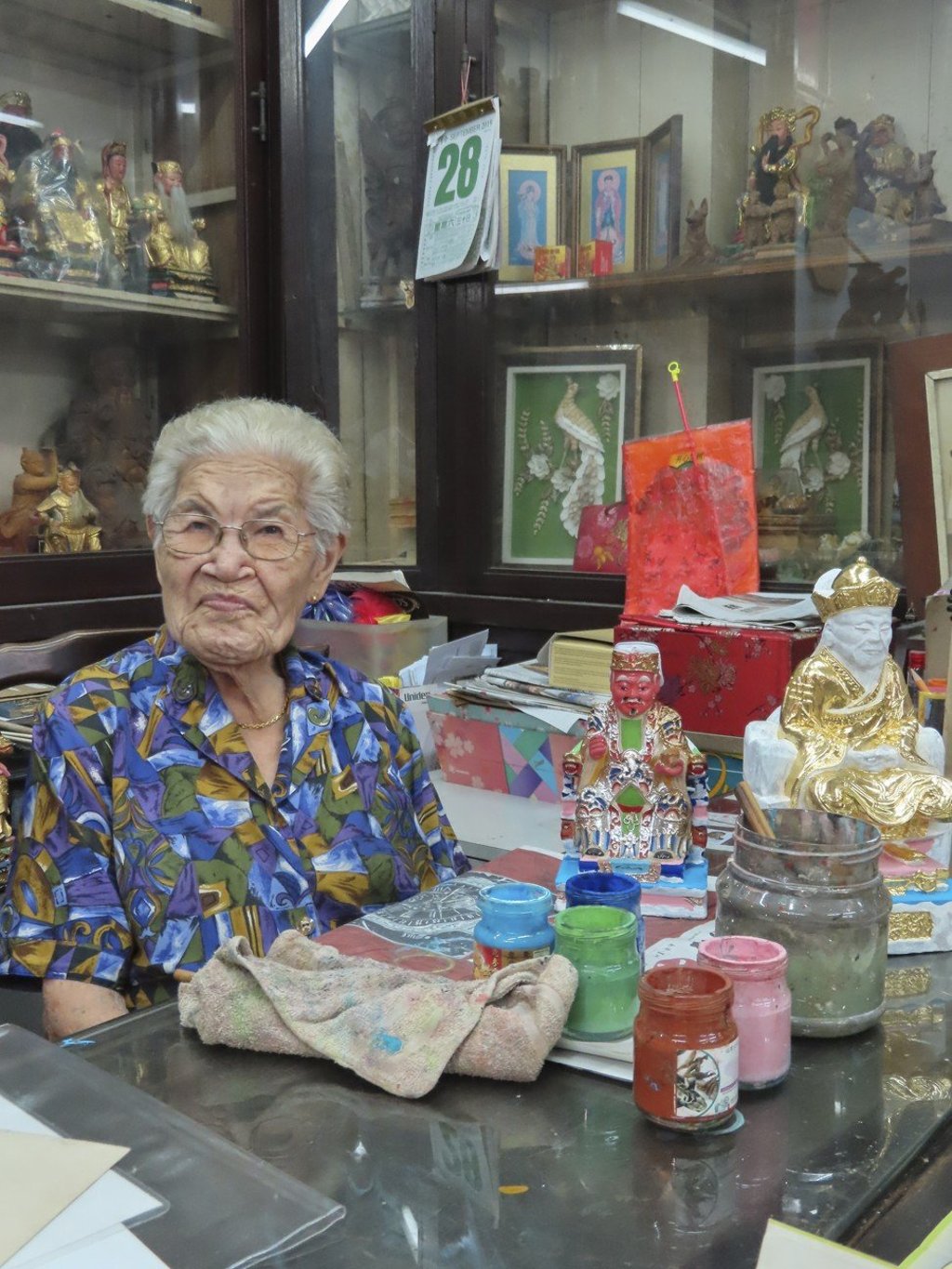Singapore’s last Chinese deity statue carving shop, Say Tian Hng, is in danger of disappearing
- For nearly 125 years, the family-run workshop has been hand-carving statues
- However, competition from mass-produced products means the craft could well die out

Singapore: a determinedly modern city, whose old districts of two-tiered, mildewed shophouses have long since been gentrified or demolished to make way for shopping malls, expressways and oversized architectural statements.
Despite the city state’s strong Chinese heritage, it is not somewhere you would expect to find an old-fashioned business such as Say Tian Hng, reputedly the last workshop in the region to make and repair wooden Chinese deity statues entirely by hand, using traditional methods.
The Chinese have never been short of deities: untold numbers populate the Buddhist, Taoist and folk pantheons, some of them worshipped across the diaspora, others specific to one place. Belief in them goes back thousands of years, catalogued in the slightly mad bestiary Classic of Mountains and Seas and the 16th century novel Creation of the Gods – itself a fantastical account of the fall of the Shang dynasty (1600-1046 BC), full of corrupt ministers, fierce warriors, Taoist magicians and evil fox spirits.
Coaxed into the service of humanity, these deities serve as patron saints for just about every imaginable situation, trade, or concept: there are gods representing gamblers, literature, pork butchers, compass directions, doctors, childbirth, beds, wealth, weather, the calendar … the list goes on. Wooden statues of these figures – most are 15cm to 30cm tall – are set up on altars in temples, businesses and homes, and prayed to for success, prosperity and protection from unforeseen dangers.

According to their records, the Ng family who run Say Tian Hng have been in the woodworking business for 700 years, originally learning their skills back in the early Ming dynasty (1368-1644) from a master in Tongan, a city in China’s Fujian province. Part of the 19th century diaspora from the mainland, great-grandfather Ng went first to Thailand where he made wooden puppets, settling in Singapore after his brother – who ran a competing business there – died unexpectedly.
